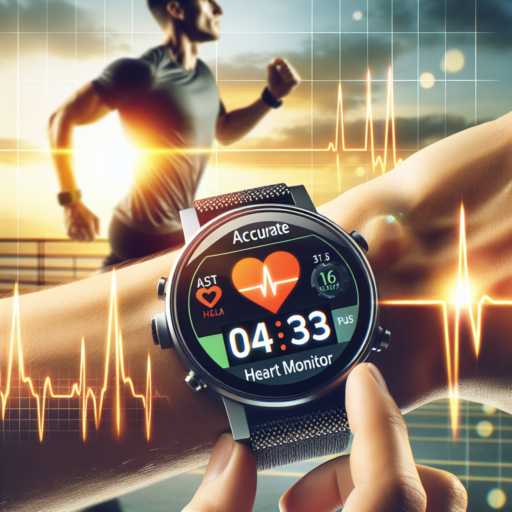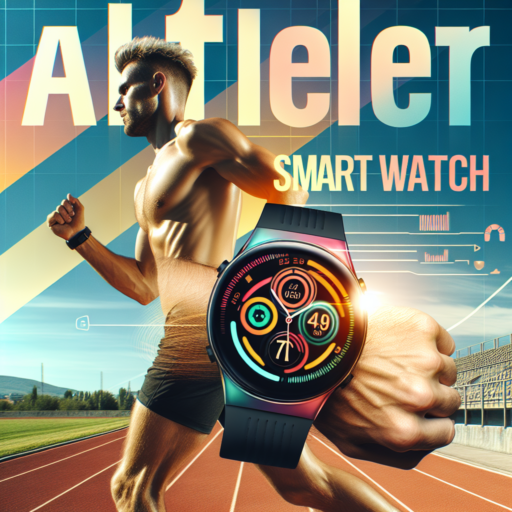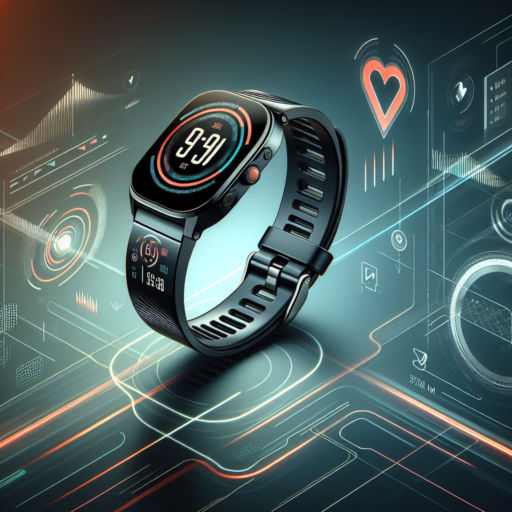What is the most accurate heart monitor?
In the quest to monitor heart health and performance accurately, many turn to advanced heart monitors. Among the plethora of options available, a few stand out for their precision and reliability. Identifying the most accurate heart monitor can depend on various factors, including the technology it uses, its application (clinical or fitness), and the individual’s specific health needs.
When discussing accuracy, the Electrocardiogram (ECG) monitors often come at the top of the list. These devices are designed to provide detailed insights into the heart’s activity by capturing electrical signals. For clinical-grade precision in a consumer-friendly format, products like the Apple Watch Series 6 and higher, which include ECG capabilities, are noteworthy. These devices have been approved by several health organizations for their accuracy in detecting atrial fibrillation and other heart irregularities.
Another category gaining attention for its accuracy is Chest Strap Monitors. Preferred by athletes and fitness enthusiasts, these monitors are celebrated for their close chest proximity, allowing for a more direct heart rate measurement compared to wrist-based devices. Brands like Polar and Garmin lead this segment, offering devices that not only track heart rate with high accuracy but also provide extensive data for performance analysis. Though initially meant for the athletic crowd, these monitors have found wider applications due to their precision.
Which smartwatch do cardiologists recommend?
In the rapidly evolving field of wearable technology, smartwatches have become invaluable tools for health monitoring, particularly in the realm of cardiovascular care. Cardiologists often recommend smartwatches that offer comprehensive health monitoring features. Among these, devices that can accurately track heart rate, detect irregular heart rhythms, and monitor blood oxygen levels are highly favored.
One key feature highly sought after by cardiologists is the ECG (Electrocardiogram) functionality. This feature enables the smartwatch to record the timing and strength of the electrical signals that make the heart beat, providing critical data that can be indicative of potential heart issues. Watches like the Apple Watch Series and some high-end Fitbit models come equipped with FDA-approved ECG monitors, making them popular recommendations among cardiovascular specialists.
Another consideration for cardiologists when recommending a smartwatch is the device’s ability to perform continuous heart rate monitoring. This feature allows for the detection of irregular heart rhythms, such as atrial fibrillation, which might not produce symptoms but can significantly increase the risk of stroke and other complications. Devices that feature reliable 24/7 heart rate tracking, alongside notifications for high or unusually low heart rates, ensure that users are well-informed of their heart health status in real-time.
What heart monitor is best at detecting irregular heartbeats?
When it comes to identifying irregular heartbeats, also known as arrhythmias, the technology and accuracy of heart monitors have significantly advanced. There are several devices on the market, but some stand out for their precision and ease of use. It’s essential for individuals to choose a heart monitor that not only fits their specific health needs but also offers reliable and accurate readings.
Top Features to Look For
Detecting irregular heartbeats requires a heart monitor equipped with certain features. Key attributes include advanced sensors, real-time data analysis, and the capability to record an electrocardiogram (ECG). Monitors that provide detailed heart rate metrics and have FDA approval for arrhythmia detection are typically seen as the best in class. Those that offer connectivity with smartphones for easy data tracking and sharing with healthcare providers offer added convenience and efficiency.
Moreover, heart monitors that integrate wearable technology, enabling continuous heart rate monitoring, are particularly effective at detecting irregular patterns over time. This constant surveillance is crucial for catching sporadic events that could otherwise go unnoticed. Wearable tech with high sensitivity and accuracy, coupled with user-friendly interfaces, stands at the forefront of heart health technology.
In summary, when seeking the best heart monitor for detecting irregular heartbeats, it’s important to focus on those with advanced diagnostic features, FDA approval, and the capability for continuous monitoring. These aspects ensure that users can capture the most accurate heart data possible, ideally leading to better health outcomes.
No se han encontrado productos.
What is the most accurate heart rate monitor watch 2024?
Identifying the most accurate heart rate monitor watch of 2024 is crucial for athletes, fitness enthusiasts, and health-conscious individuals. As technology advances, the precision and features of heart rate monitors have significantly improved, offering users detailed insights into their cardiovascular health and fitness levels. Leading tech and fitness companies continue to innovate, creating devices that not only track heart rate with high accuracy but also offer a suite of additional health monitoring features.
In the quest for the most reliable heart rate monitor watch in 2024, it’s important to consider several key factors. First and foremost, the technology behind the heart rate measurement plays a vital role in accuracy. Optical heart rate sensors have become the standard, but not all are created equal. Some watches utilize advanced algorithms and multiple sensors to reduce inaccuracies caused by motion or irregular heart rhythms. Moreover, the integration of AI and machine learning algorithms has further enhanced the precision of these devices, allowing for real-time adjustments based on the data collected.
Another factor to consider is the device’s compatibility with other health apps and ecosystems. The best heart rate monitor watch should seamlessly integrate with popular fitness and health apps, enabling users to track their progress, set goals, and analyze data comprehensively. This interoperability enhances the overall utility of the heart rate monitor watch, making it a versatile tool for managing a wide range of health metrics beyond just heart rate.




